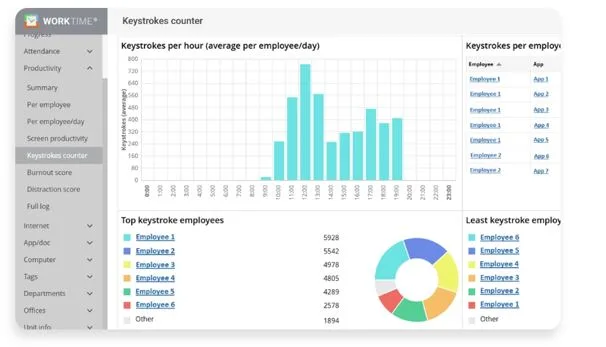Protecting High-Value Industries with Strategic Physical Security
Physical security is often misunderstood as a one-size-fits-all solution, but the reality is that every industry faces a unique set of threats. A security strategy that works for a high-street retailer will be entirely ineffective for a data centre or a financial services firm. Effective protection requires a strategic approach that is tailored to a business’s specific assets, vulnerabilities, and operational risks. This is where the expertise of a physical security consultant becomes invaluable.
Financial Services
Financial institutions, from banks to insurance companies, are prime targets not just for theft but also for corporate espionage and data theft. Their assets are not just money, but also highly sensitive client information. A strategic physical security plan for this sector must go beyond CCTV and access control. It needs to include a comprehensive risk assessment of data storage facilities, a robust asset protection strategy for physical records, and a resilient crisis management plan to respond to a security breach.
Data Centres and Technology
For data centres, the primary threat is not just a physical breach but the potential for sabotage and the catastrophic loss of data. The assets are the servers, networks, and the uninterrupted power supply. A physical security consultant for this industry must be a specialist in securing the perimeter, but also in protecting the interior. This involves using advanced surveillance, access control to individual server racks, and regular physical penetration testing to identify weaknesses in both the electronic and structural defences. The focus is on ensuring continuous operation and preventing any disruption to service.
High-Value Manufacturing and Logistics
In the manufacturing and logistics sectors, the main threats are cargo theft, supply chain disruption, and the loss of intellectual property. The assets are raw materials, finished goods, and the processes used to create them. A strategic approach involves securing every part of the supply chain, from the warehouse to the transport vehicle. A consultant would design frameworks for asset protection, ensuring that high-value goods are tracked and secured at every stage. They would also develop business continuity plans to mitigate the impact of any unforeseen disruptions, ensuring the flow of goods remains uninterrupted.





